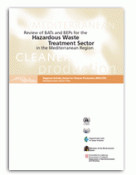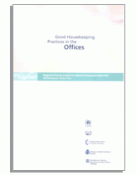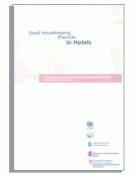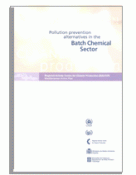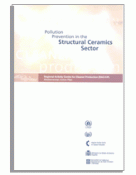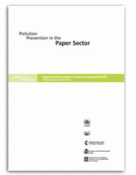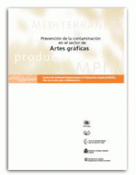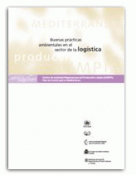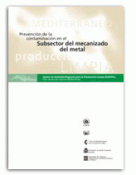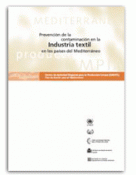

Subscribe to SCP News
Sector Studies
Studies offering in-depth analysis of sustainable consumption and production, pollution prevention and the management of chemicals in different industrial and manufacturing sectors.
Sant Pau Recinte Modernista. Pavelló de Nostra Senyora de la Mercè
Carrer de Sant Antoni Maria Claret, 167.
08025 Barcelona, Catalunya (Spain)
Legal notice © All rights reserved | Privacy | Accessibility




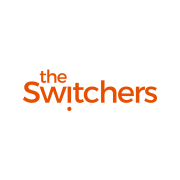


 Review of BATs and BEPs for the Hazardous Waste Treatment Sector in the Mediterranean Region.
Review of BATs and BEPs for the Hazardous Waste Treatment Sector in the Mediterranean Region. 


